Many actors have built their career by playing the role of a famous spy – James Bond. Sean Connery for one, became one of the most famous Scottish stars by reprising the role of popular British spy in seven movies, Pierce Brosnan further enhanced his acting profile with his work in four bond movies and recently the movie franchise has made Daniel Craig one of the most famous stars. Apart from British franchise, there have been countless movies in which actors have reprised the role of secret agents and spies. However, some of the chosen few celebrities have received the privilege of working as spies in real life as well.
Most of the celebrities included in this article worked as spies during the World War II in various operations to gather information about Nazi activities and made a vital contribution to the Allied cause. With a writer, actor, magician and chef, here is a list of seven celebrities who worked as spies in different capacities.
-
Roald Dahl
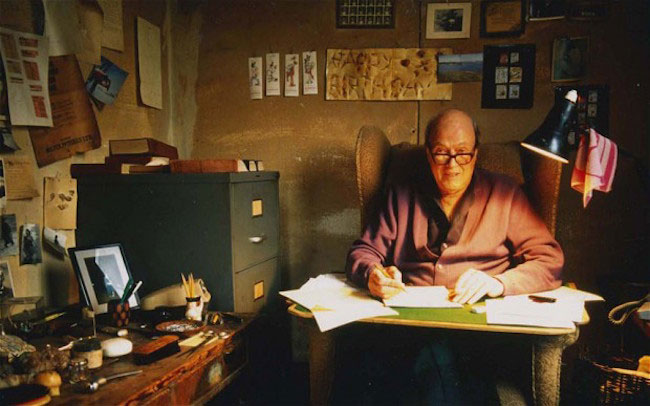
Without any doubt, Roald Dahl is one of the world’s bestselling authors. In fact, he has been referred as “one of the greatest storytellers for children of the 20th century.” Some of the accolades and awards, he has won for his work include World Fantasy Award for Life Achievement in 1983, and Children’s Author of the Year from the British Book Awards in 1990 and being placed by prestigious TIME magazine at #16 on its list of “The 50 Greatest British Writers Since 1945.” However, before he became a revered and loved children’s book writer, Dahl had quite an adventurous and exciting life. In 1939, he was accepted in the Royal Air Force and incidentally, was one of the surviving three pilots out of sixteen who were accepted to flight training in Nairobi. For his contributions to aerial battles, he became a ‘flying ace,’ an honor accredited for shooting down several enemy aircraft during aerial combat. However, due to severe headaches which were due to early crash, Dahl was taken out of air-force and was assigned to work with British Embassy in Washington D.C.
In documents released in 1980’s, it was revealed that during his stay in US, he worked more as an intelligence officer than a diplomat. He played a key role in tackling the influence of “America First” movement, which was against US’s entry in the war. Some reports even state that Dahl bedded several powerful women to rally a support in US. Now that is something Bond would be proud of.
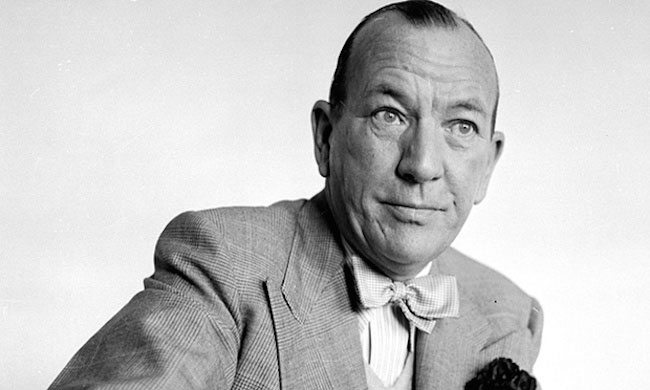
Noel Coward was one of the most popular and successful playwrights. He was particularly popular before and during the Great War and had achieved significant and enduring success with ‘Hay Fever,’ ‘Easy Virtue,’ and ‘Private Lives.’ And, he did put his popularity and fame to great use. After the outbreak of the war, he abandoned theatre work in order to contribute the war cause. His first assignment was to run the British propaganda office in Paris, in conjunction of which he had famously concluded that “if the policy of His Majesty’s Government is to bore the Germans to death I don’t think we have time.” His next job on behalf of British Intelligence was to use his popularity to influence American public and political powers in favor of assisting Britain in the war. Although he was on a secret mission, still his regular criticism by media and his countrymen for his foreign travels did irk Coward. In 1942, George VI wanted to award Coward a knighthood for his clandestine work but was dissuaded by Winston Churchill, who used Coward’s flamboyant lifestyle as an excuse. In fact, Churchill felt Coward would contribute more to war effort by entertaining the troops and the home front than by intelligence work. Although he was dismayed by the advice, he did do what he was asked to do and, composed and sang war-themed songs including “London Pride” and “Don’t Let’s Be Beastly to the Germans.”
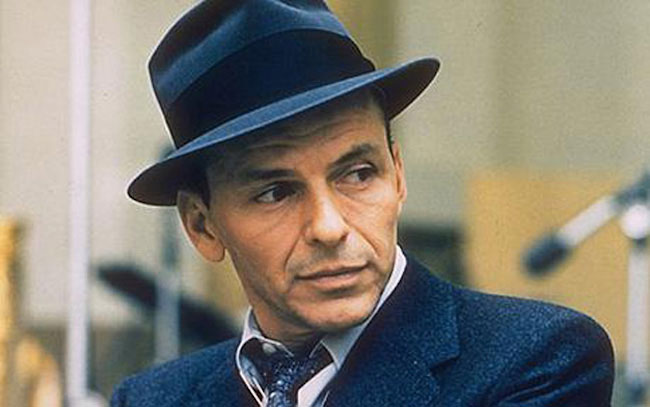
The mercurial and charismatic actor, singer and producer is probably one of the last men, you would associate with clandestine and patriotic operations. Well, I am not saying that he wasn’t patriotic, but it is difficult to associate blue eyes heart throb Sinatra, who was prone to the bouts of vociferous partying to such work. He wasn’t a spy in a traditional sense. He did work in association with CIA and acted as a secret courier for the intelligence agency. According to his daughter Tina, Sinatra wasn’t gathering or passing on intelligence information, he was involved in secretly transporting people on his private jet for the CIA. In her book, ‘My Father’s Daughter,’ Tina claimed that CIA got in touch with Sinatra when they wanted someone to vanish without paper trail. Sinatra, who used his private jet to travel all round the world, was an ideal choice for the purpose. In the book, Tina has also claimed that Sinatra had ties with the mob as well. It is reported that he told his daughter that he with the assistance of the mob helped John F. Kennedy win the West Virginia Primary in 1960. However, the FBI or any other authority has failed to uncover any material to support the claim.
-
Ian Fleming
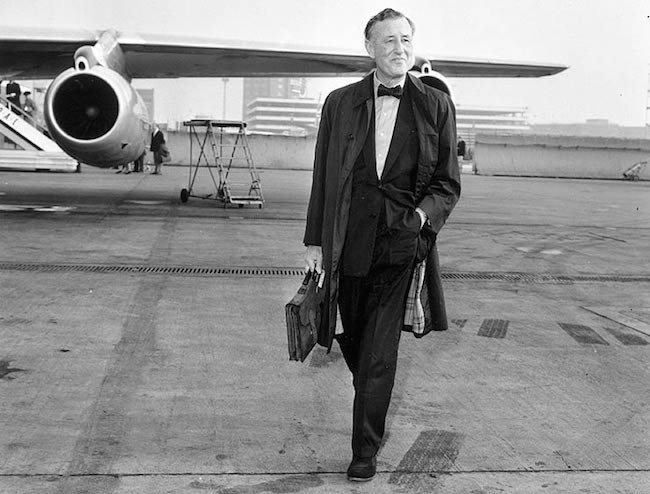
When you read Ian Fleming’s James Bond novels, you immediately get the notion that the creator of world’s most famous spy might have some clandestine experience, which he has used to make his work more dynamic and give depth to the characters as well as plot. And, you won’t be wrong in getting such an idea. Before the World War II, he was a journalist with an eye for detail and excellent memory. During the war, he was employed by the British Naval Intelligence. He was given a desk job in which he managed communications between the British Admiralty and the branch of intelligence responsible for sabotage behind enemy lines. His adeptness at his work saw his sphere of work and influence extended to United States, where he was responsible for assistance in creation of an American organization focused on international intelligence gathering. In 1941, he drew chart and plans for the chief of the OSS, in which he demonstrated how the new organization should be run. For his work, he was honored with an engraved .38 Colt Police Positive revolver.
He also got an opportunity to be part of an active operation, when he joined the team tasked with a break-in at the Japanese Consul General’s office at Rockefeller Center. With Fleming in tow, the British Operatives, in a thriller movie style sneaked into the office, cracked a safe, and stole copies of the Japanese codebooks. Fleming would use this incident in his first James Bond novel, ‘Casino Royale.’
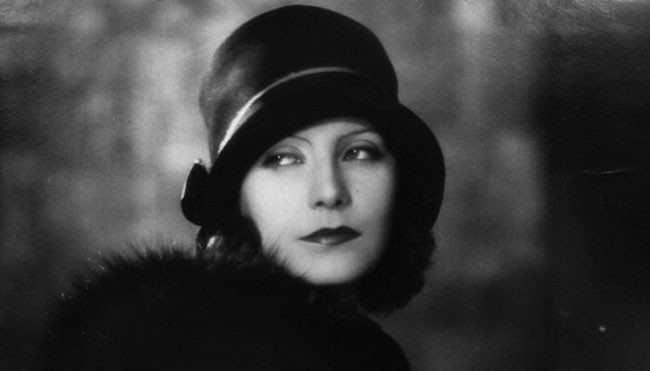
Greta Garbo, a Swedish film actress was an international star and one of the few stars to successfully transition from silent phase to ‘Talkies.’ She won the New York Film Critics Circle Award for Best Actress for both ‘Anna Karenina’ (1935) and ‘Camille’ (1936). Therefore, there was mystery and surprise, when she retired from acting in 1941. In fact, towards the end of the past decade, she had started appearing in fewer movies and would mysteriously disappear for months on the end. According to reports and historians, during those absences, she was working along with producer Alexander Korda and MI6 on a number of top secret intelligence missions. It is reported that her first task was to gather information on Swiss industrialist Axel Wenner-Gren. Over the next years, she continued working for the agency, spying and reporting back on potential Nazi agents and sympathizers. Some even attribute her work in Denmark for the survival of legendary physicist Neils Bohr. Her hobby and keen interest in art served as a valuable cover for Garbo. She was an avid art collector and owned paintings by Renoir, Rouault, Kandinsky, Bonnard, and Jawlensky.
-
Josephine Baker
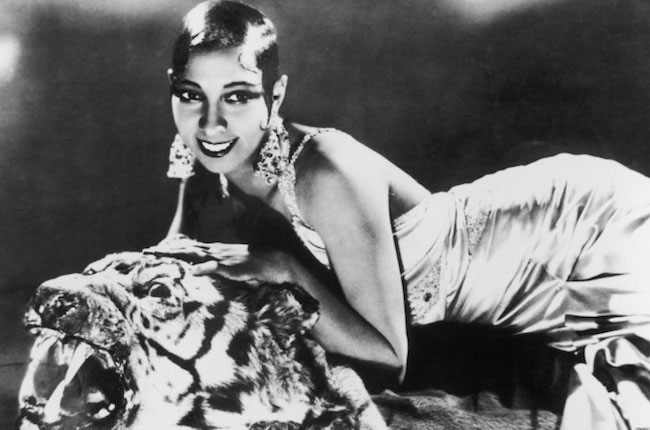
Unlike some other celebrities’ contributions, Josephine Baker’s contribution to the war effort is a public knowledge. For her efforts to the French Resistance during the World War II, she was awarded the French military honor, the Croix de guerre and was made a Chevalier of the Légion d’honneur by General Charles de Gaulle. In September 1939, when France declared war on Germany after the invasion of Poland, French Military Intelligence recruited Baker, who was determined to see racist and bigot Germany defeated, as an honorable correspondent. Baker collected information about the German locations from officials she met at parties. She was particularly adept in socializing in gatherings at embassies and ministries and her fame allowed her to rub shoulders with those who had important information about the military operations such as high-ranking Japanese officials and Italian bureaucrats. After France was invaded by Germany, she left Paris and moved to her home in South France, where she housed those who were eager to help the Free French effort led by Charles de Gaulle and supplied them with visas. Using her reputation as an entertainer, she continued to move around Europe and gather important and vital information.
-
Moe Berg
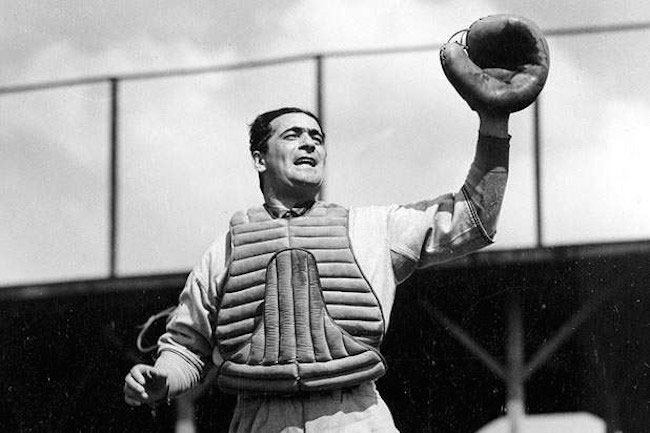
Moe Berg, who was called the ‘brainiest man in baseball’ played in the major leagues for fifteen seasons. Berg held a degree in foreign languages from Princeton and according to reports, he could speak 12 languages and read 10 newspapers daily. He caught the eye of the US government when he joined Washington Senators and was recruited by the OSS (Office of Strategic Services, which is considered to be the precursor to the CIA). One of his first tasks was to do spy work in Japan as part of an American All-Star team tour with Babe Ruth and Lou Gehrig. It is suggested that the film footage he brought back was integral in planning Gen. Jimmy Doolittle’s bombing raid on Tokyo in 1942. His next task was to gather information on rebel groups in Yugoslavia. However, in terms of audacity and danger, his espionage mission in Germany was the biggest. In 1944, he was sent to Germany to gather information on the country’s effort to build an atom bomb. And, according to one of his biographers, he was ordered to shoot Germany’s lead physicist, Werner Heisenberg, in case he was close to developing nuclear weapons.
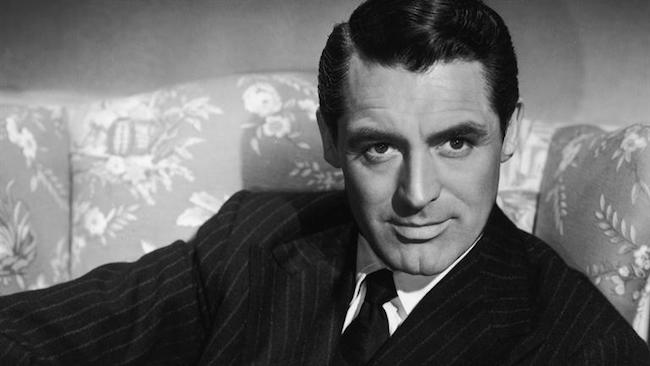
With his dashing good looks, debonair demeanor, and charismatic personality, Cary Grant was one of the classic Hollywood’s definitive leading men. In fact, the American Film Institute named Grant the second greatest male star, out of 25, of American cinema of all time (after Humphrey Bogart). And, it was his immense influence in the show business that made him a perfect choice for MI6’s covert operation during the Second World War. The British intelligence agency was worried about the influence of Axis sympathizers present in Hollywood. So, they reached out to some Hollywood producers and asked them to pick an inside man to find who wanted to sabotage the Allied cause. Grant spent a couple of years digging for information in the industry. His biggest success was revealing that fellow actor Errol Flynn was writing letters in support of Hitler. Now, to be fair to Flynn, these claims have been highly contested and no definitive evidence has been found to support them.
-
Julia Child
Julia Child is widely credited for bringing French cuisine to the American mainstream. She is also recognized for kick-starting the trend of celebrity chefs. Her two-volume cookbook, ‘Mastering the Art of French Cooking,’ and the subsequent TV show, ‘The French Chef,’ helped her become immensely popular and successful in the 1960s. However, before becoming everybody’s favorite chef, she worked for OSS during the Second World War. She was initially hired as a typist, but subsequently, her experience and education led to her promotion to the bigger position of a top-secret researcher reporting directly to the head of OSS, General William J. Donovan. However, she has constantly downplayed her role in the organization.

